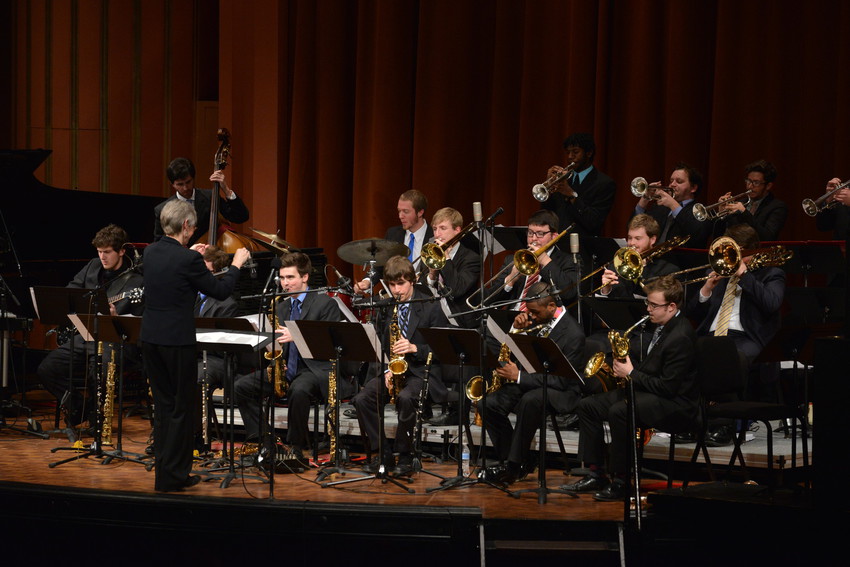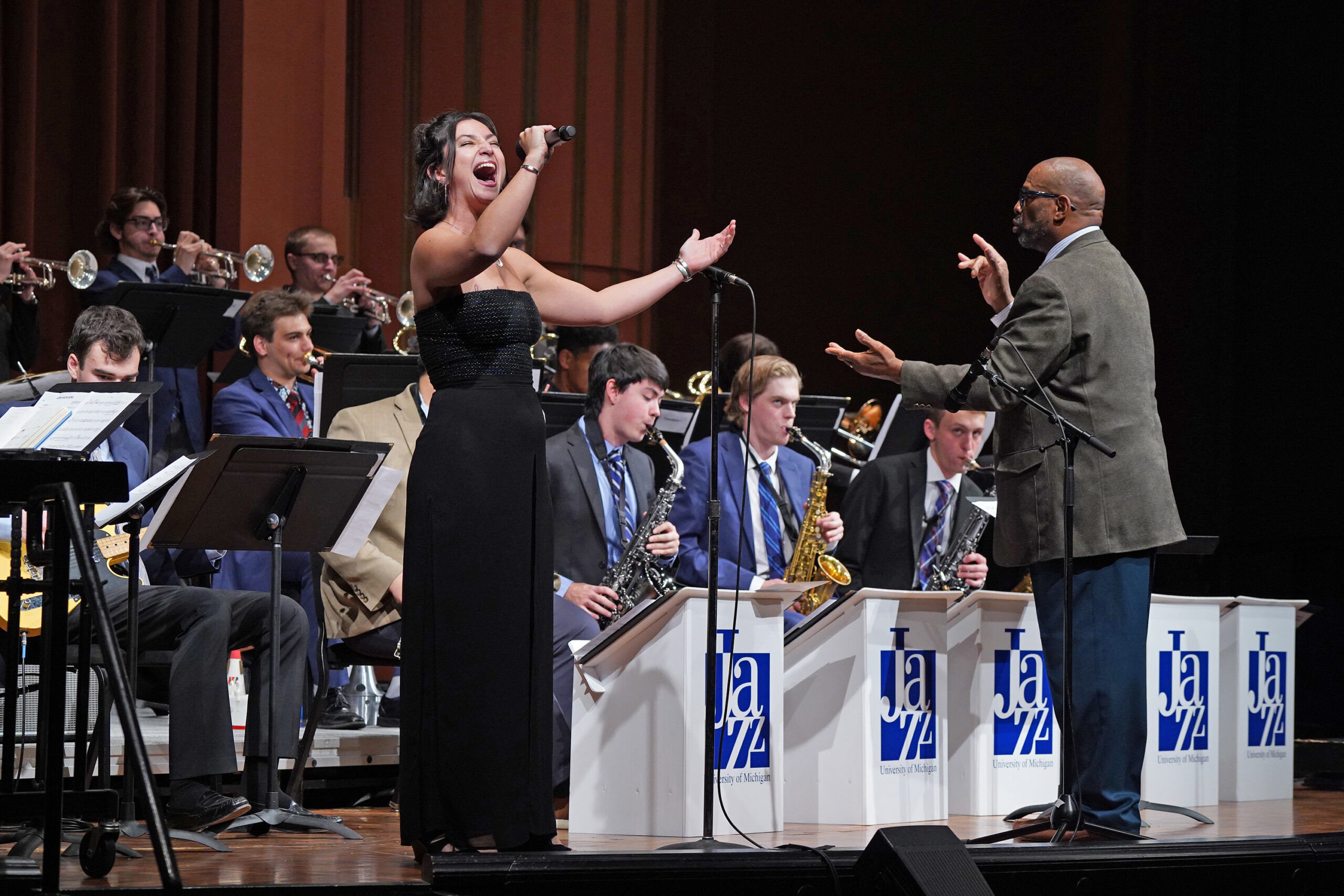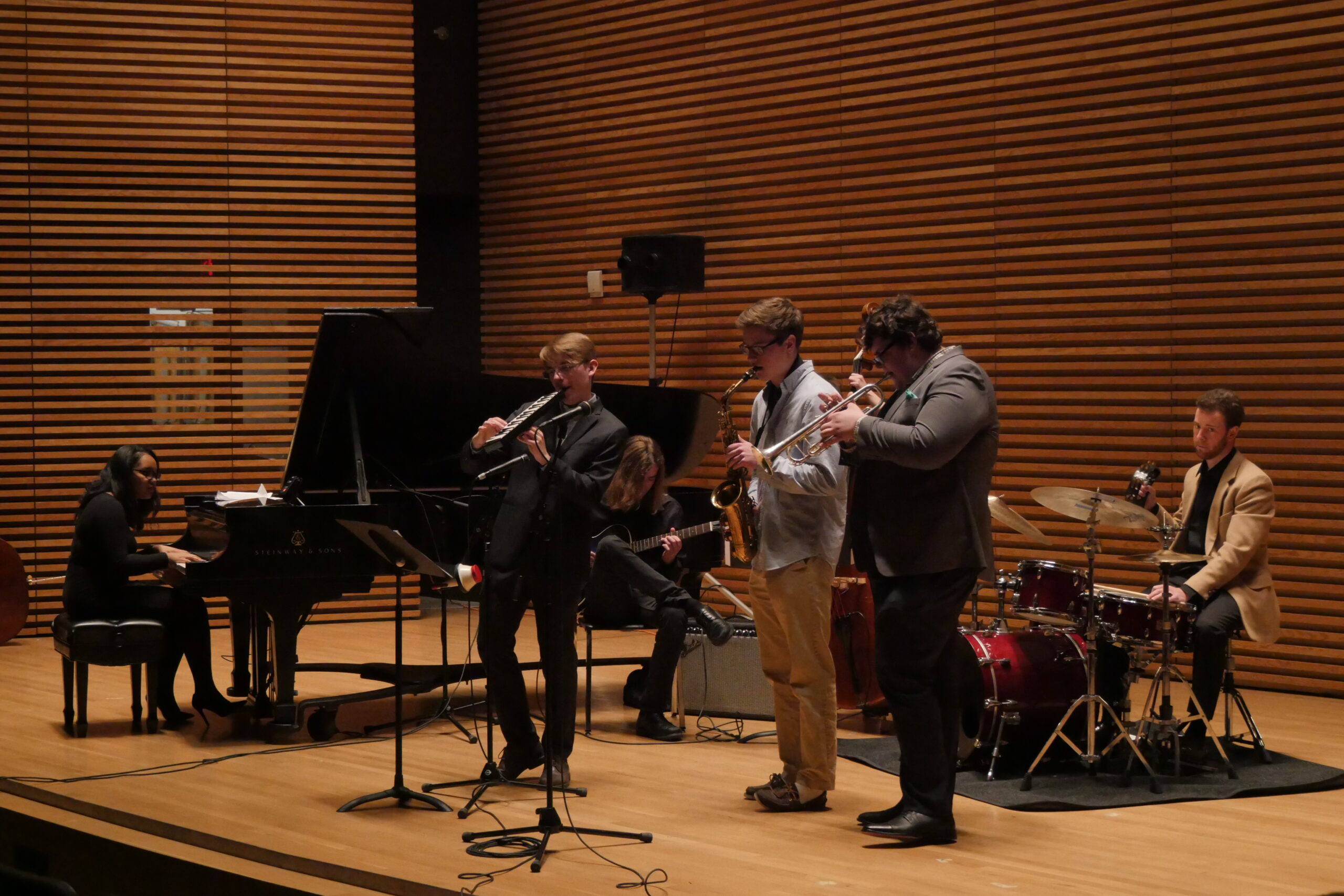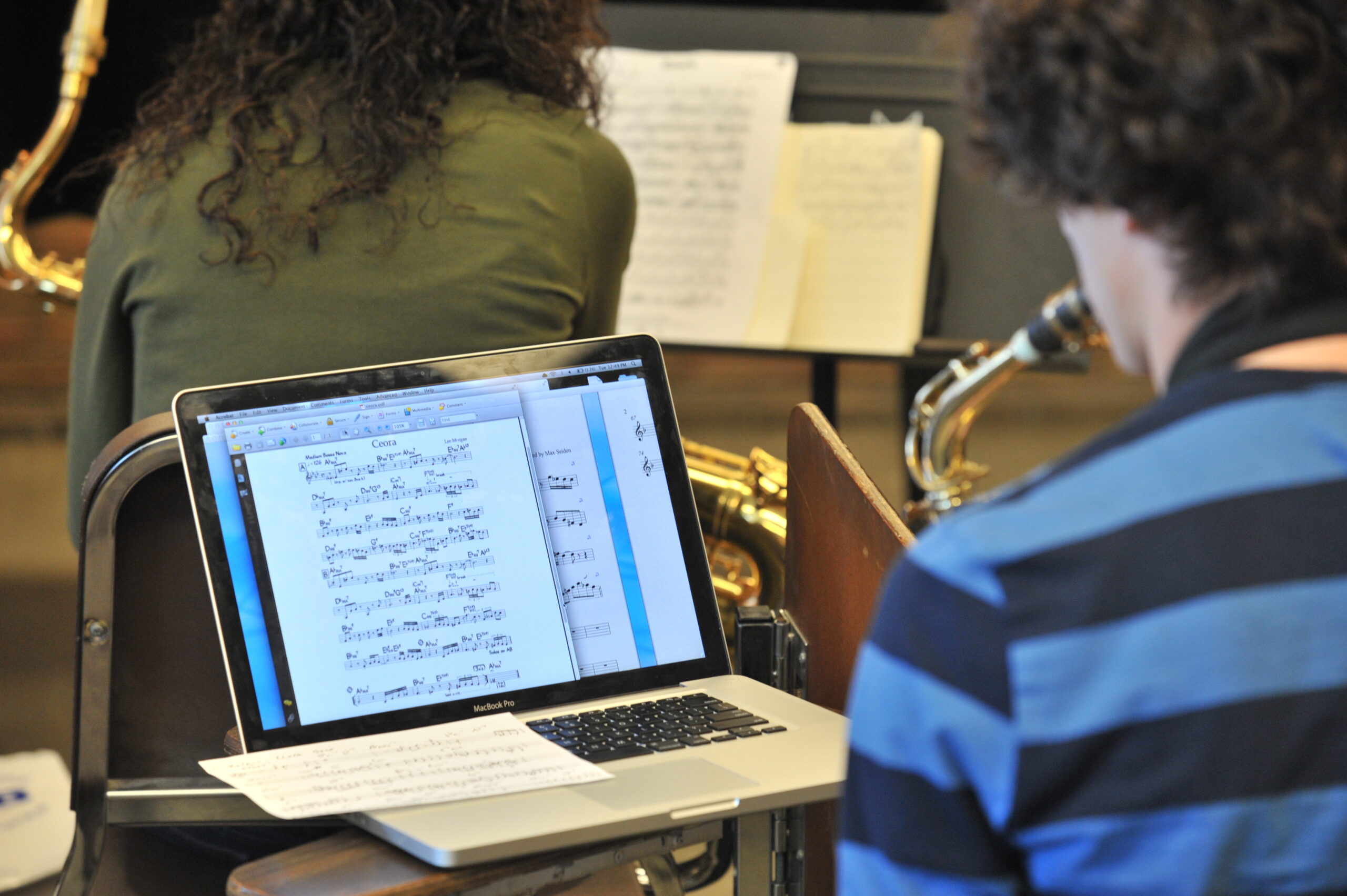Doctor of Musical Arts in Jazz & Contemporary Improvisation
Designed for students seeking the highest degree in the field, the DMA is a rigorous three-year course of study that combines improvisation, composition, and wide-ranging academic inquiry. Pedagogy combines the finest in traditional jazz training with the systematic study of jazz’s eclectic offshoots, along with innovative, interdisciplinary options which are at the cutting edge of pedagogical thought.
Curriculum
Completion of the program normally requires six terms of full-time study beyond the master’s degree. Students are expected to attain candidacy effective at the beginning of the sixth term. The minimum requirements include the following:
- Musicology & Music Theory
- Jazz Ensembles
- Jazz Pedagogy
Final Project:
The dissertation consists of three primary components. One includes two public recitals that will demonstrate the improvisatory expertise of the candidate across a substantive stylistic range, as well as feature his or her original compositions and arrangements. At least one large ensemble (e.g. jazz orchestra or equivalent) composition is expected on one of the recitals. Second is the completion of a professional quality recording that showcases the candidate’s artistic growth. Third is a journal length (7- 9,000 words) written paper that indicates grasp of existing literature and originality and maturity of thought. Please see the Program Requirement Details for additional dissertation recital parameters.
Silent Advisor
Degree requirements and term-by-term layout for current students.
Funding
Nearly all DMA students receive full-tuition fellowships. Most also receive health benefits and a stipend attached to a Graduate Student Assistantship, which can vary in proportion to the appointment fraction and the duties associated with it. In addition to the funding packages offered by the SMTD, Rackham students are also eligible to apply for a wide range of fellowships to fund research, travel, and performance.
Residency Requirement
At least one academic year of full-time residency is required.
Faculty
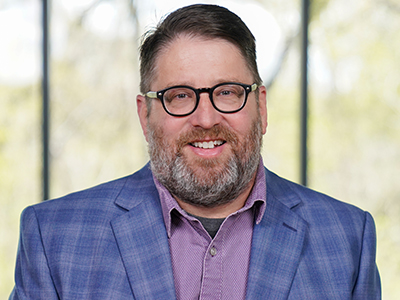
Andrew Bishop
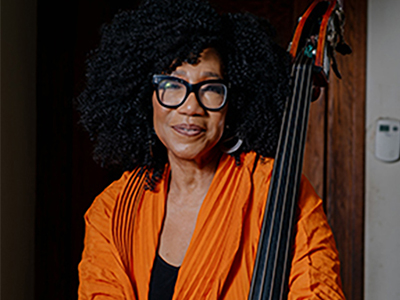
Marion Hayden
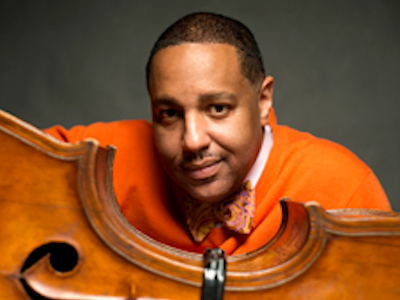
Robert Hurst
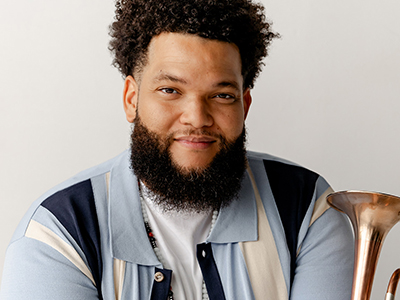
Kris Johnson
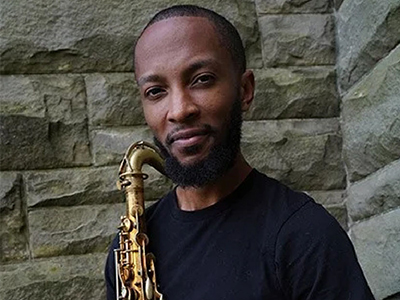
Marcus Elliot Miller
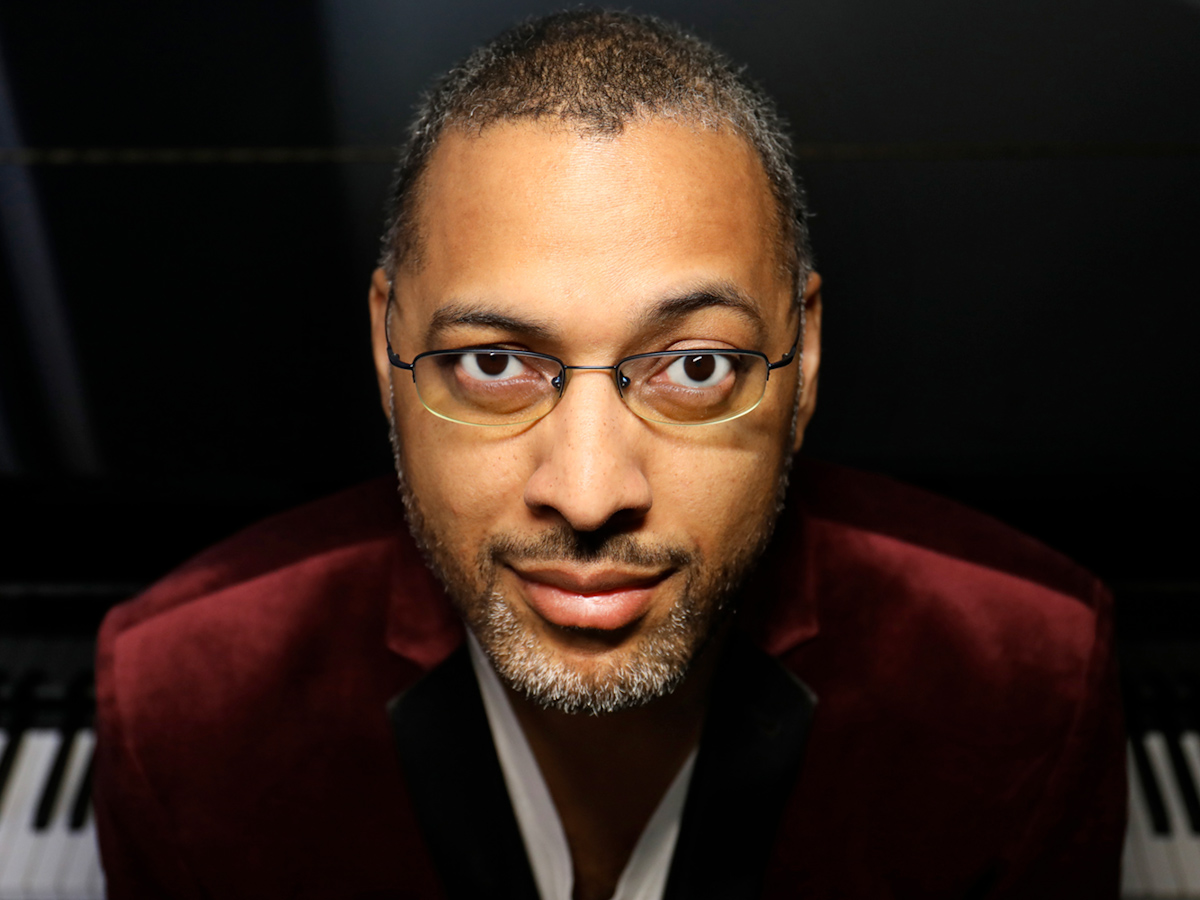
Andy Milne
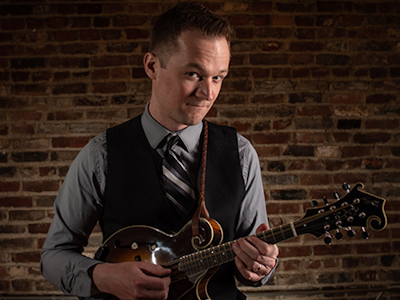
Brad Phillips
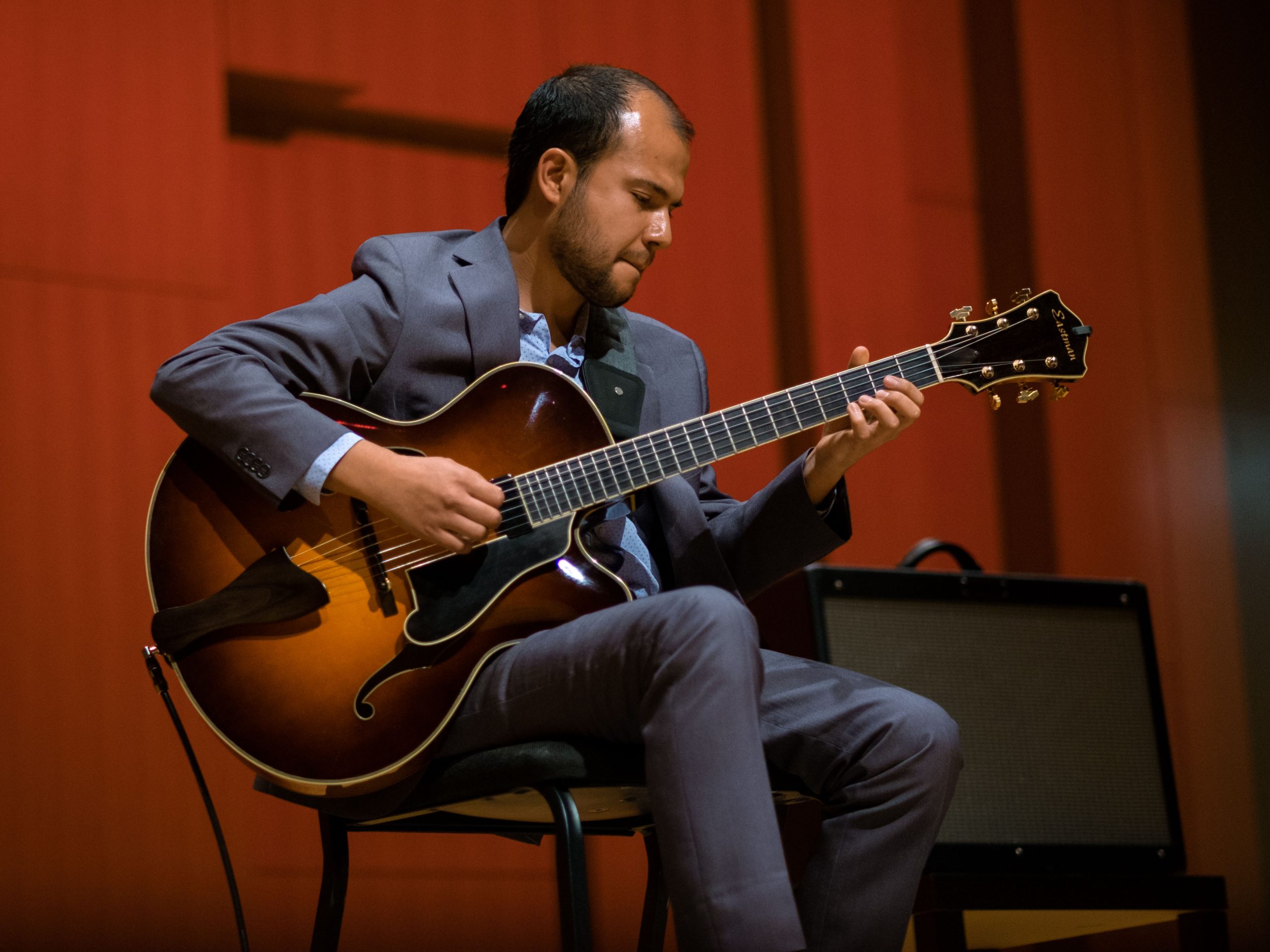
Daniel Pinilla
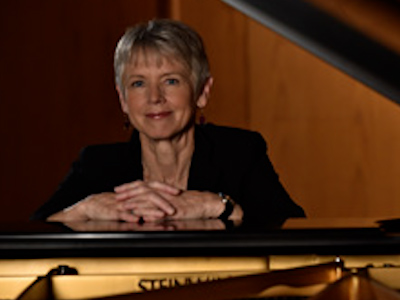
Ellen Rowe
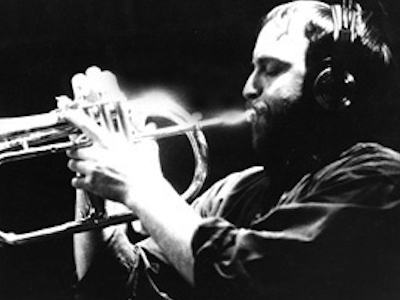
Edward W. Sarath
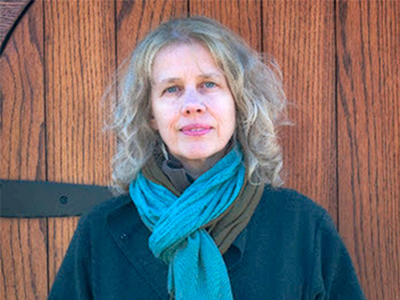
Martha Travers
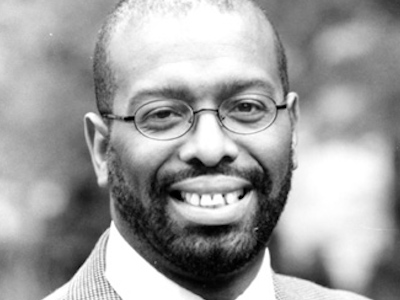
Dennis Wilson
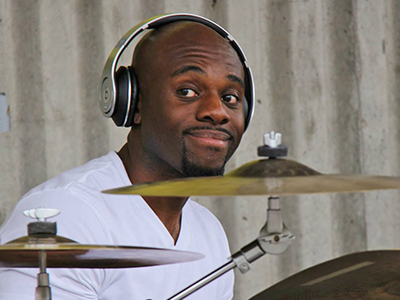
Nate Winn
Performance Opportunities
From large ensembles in celebrated concert halls to chamber groups in intimate recital spaces, performance opportunities across all disciplines abound, with nearly 900 student performances each academic year. Whether your focus is on early, classical, or contemporary music, whether your passion is for jazz, electronic, or world music, there is an ensemble—or in many cases, multiple ensembles—to suit your interests, including specific opportunities for percussion, piano, and organ & carillon. For students in theatre & drama, musical theatre, dance, and opera, opportunities abound in both professionally produced and student-run presentations.

